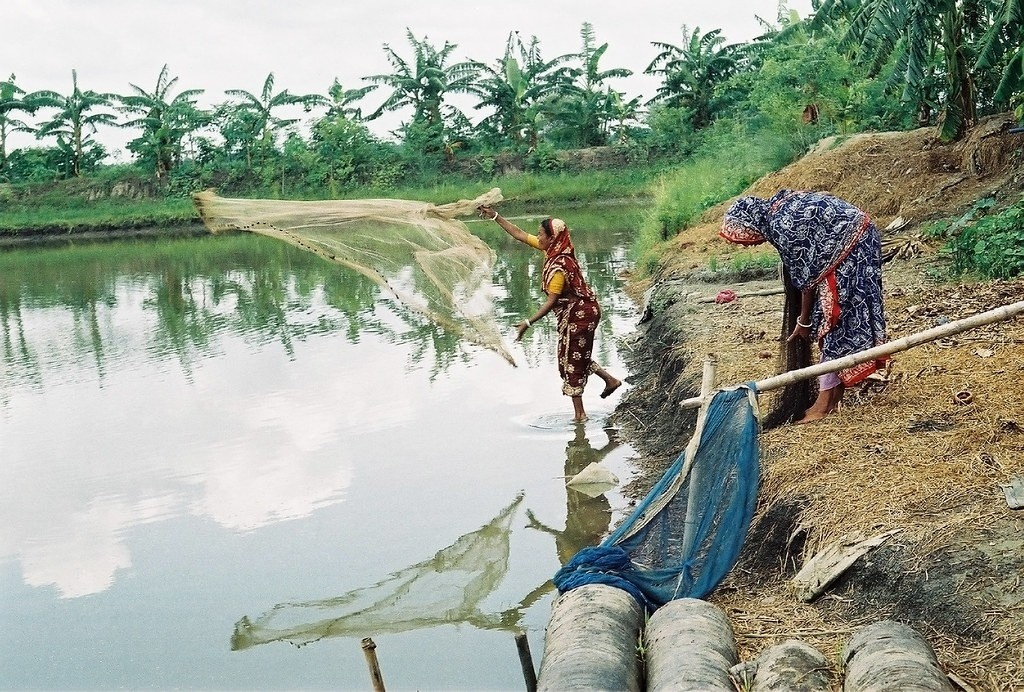Closing the gender data gap to improve small-scale fisheries research and policy
Oct 30, 2020 12:00pm
(GMT -4:00) Atlantic Time
Event URL: https://www.facebook.com/events/398177401192963/?acontext=%7B%22event_action_history%22%3A[%7B%22mechanism%22%3A%22search_result
Hosted by: UBC Institute for the Oceans and Fisheries
RSVP and tickets: http://bit.ly/IOFseminars
Speaker: Dr. Sarah Harper, Postdoctoral Fellow, IOF
The importance of gender in fisheries is gaining recognition as reflected by the Small-scale Fisheries Guidelines, and in mandates by organizations and funders to include gender in any research with a human dimension. Developing fisheries policies and programs now often requires a gender analysis to identify and mitigate the impact of these efforts on women and other vulnerable groups. This push for equity and equality emerges from human rights-based approaches to small-scale fisheries, further bolstered by the Sustainable Development Goals. While there is increasing emphasis on gender inclusion in fisheries policy and programs at a high level, the data needed to support gender analysis and the development of targeted programs on the ground, that redress inequalities, are lacking. Acknowledgement of this gap in gender data to inform fisheries management and policy is not new but efforts to close this gap might finally be gaining traction. This seminar focuses on the need to close this gender data gap for more informed and effective small-scale fisheries management and how to go about doing it. As we move even more fully into a data driven world where models and algorithms are used to make predictions and develop future scenarios, reducing gender bias in fisheries socio-economic data is even more critical to advancing gender equality in this sector.


